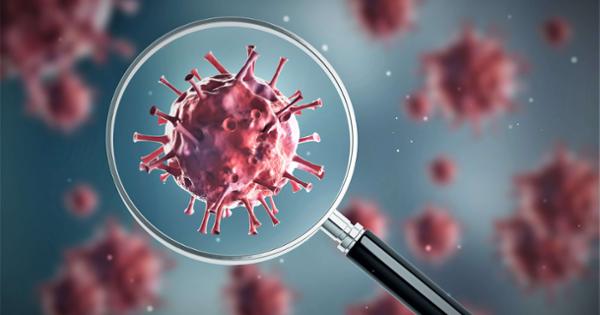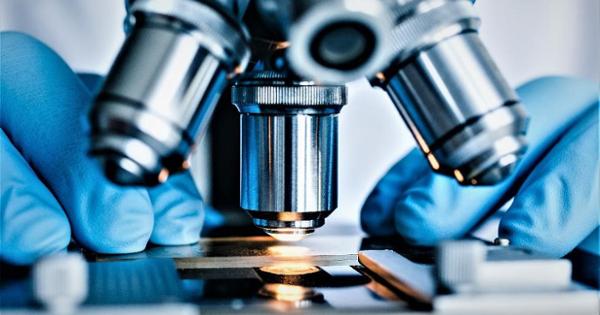Welcome to the Center of Excellence in Inflammation, Infectious Disease & Immunity where innovative research is vital to medical breakthroughs!
At the COE in Inflammation, Infectious Disease and Immunity, human subjects research is our backbone. Together with other experienced members, CIIDI explores opportunities for collaborative advancements in human immunology & disease and apply those efforts towards improving the quality of patient care. From workbench to bedside, our researchers are among the best in their field.
 TMA Work Order System
TMA Work Order System 


